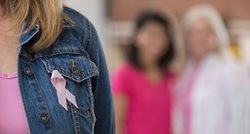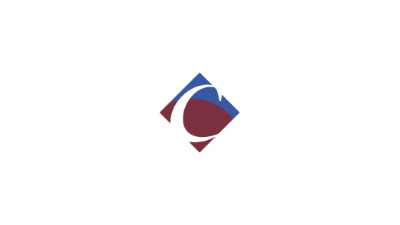 Vanessa Chavez didn’t expect the lump she felt in her breast to be cancer. At just 31-years-old she was diagnosed with early stage breast cancer – stage 0. After her diagnosis she found herself hurled into a world of tests, doctor’s appointments, anxiety and decisions.
Vanessa Chavez didn’t expect the lump she felt in her breast to be cancer. At just 31-years-old she was diagnosed with early stage breast cancer – stage 0. After her diagnosis she found herself hurled into a world of tests, doctor’s appointments, anxiety and decisions.“You're scared, so decisions have to be made soon and fast,” Chavez said.
At a phase of life most often focused on raising a family and pursuing a career, issues of treatment, fertility, recovery and survivorship suddenly took top priority.
“I always explain it as, I was running a marathon, and I just got knocked out,” Chavez said.
Getting Breast Cancer Under Age 40
According to the Centers for Disease Control and Prevention, the majority of breast cancers are found in women 50 years old or older. But breast cancer can affect younger women as well.About 11% of all new cases of breast cancer in the U.S. are in women younger than 45. And prognosis tends to be worse in women under 40 than it is in older women. That’s because breast cancers in younger women are more likely to be fast-growing, higher grade and hormone receptor-negative.
Know Your Risk Factors for Breast Cancer
Several factors put a young woman at high-risk for developing breast cancer, including:- A personal history of breast cancer or high-risk lesion found by biopsy
- A family history of breast cancer, particularly in a mother, daughter, or sister
- History of radiation therapy
- Evidence of a specific genetic mutation
Unique Challenges for Young Women with Breast Cancer
According to the Young Survival Coalition, young women with breast cancer face some unique challenges related to treatment and breast cancer-related surgery. These include:- Early menopause
- Sexual dysfunction and intimacy issues
- Fertility issues
- Raising small children through treatment and side effects
- Higher rates of psychosocial issues, including anxiety and depression
- Heightened concerns about body image
- Financial issues due to job issues, lack of sufficient health insurance and the cost of cancer care
Vanessa had surgery just a few months after being diagnosed. Now, she’s doing well as a breast cancer survivor.
“It's more of a mental game. I can deal with the physical pain and things, but the mental is really hard. The what if? What if it comes back? What if I have it somewhere else?” Chavez said.


.jpg)
